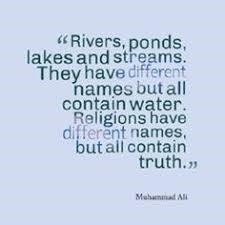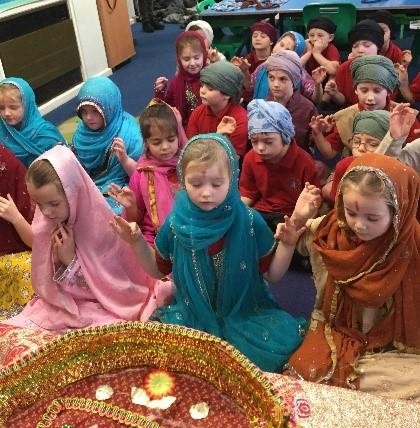Religious Education
Share this page
Vision for RE at Archbishop Benson C of E School
‘I can do all things through Him who strengthens me’ (Philippians 4:13)
At the heart of our Religious Education teaching is the importance of achievement for the life opportunities of our children. Our shared understanding and passion for this, along with our school motto
‘With fun and learning, hand in hand, all things are possible.’
help us, with the best intent, to choose how we teach Religious Education, and provide a consistent richness of experience across the school. We strive to teach Religious Education in a way that reflects our shared purpose and Christian ethos, as well as encompassing our school values of Respect, Creation, Fellowship, Wisdom and Hope.
Religious Education is a statutory part of the curriculum, with equal standing in relation to the core and other foundation subjects. Cross-curricular links are made wherever possible. We want children to develop a love of, and curiosity for, Religious Education and become independent and confident learners.
The Church of England’s Vision for Education leads our whole school curriculum intent: Wisdom, Hope, Dignity and Community, which is deeply Christian with the promise by Jesus of “life in all its fullness” at its heart. This is achieved through a ‘Creative, Healthy, Active, Inspiring, and Nurturing curriculum,’ which promotes the spiritual, moral, social and cultural development of children. Our scheme of work is in accordance with the Cornwall Agreed Syllabus alongside the programme, ‘Understanding Christianity,’ which progressively builds the children’s understanding of significant theological concepts within Christianity with their own self-understanding and understanding of the world as part of their wider religious literacy. This syllabus ensures that religion is taught ensuring that there are opportunities to learn ‘from’ and ‘about’ religion.
We seek to:
- support and challenge pupils to reflect upon, develop and affirm their own beliefs, values and attitudes and those of others through an exploration of shared human experience and to understand the place and significance of religion in the contemporary world.
- deliver the Cornwall Agreed Syllabus scheme of work with clear progression from EYFS to Y6
- plan and structure lessons to be inclusive so that all children can access them and develop their religious literacy
- provide experiences which will enable those with a Christian commitment to express it, but to enable all children regardless of religious background to explore their own inner and spiritual experiences and feelings.
- lead children into discovering, and making them aware of, the connections within the subject
- create a classroom atmosphere where children have opportunities to talk animatedly about the Religious Education they are learning, including opportunities for enquiry-based lessons
- plan to use a range of approaches and
- promote an awareness and awe of the wonder of the world created by a loving, caring and forgiving God
- promote relationships based on love, care and consideration
- promote the sharing of experiences – of the happy and sad observation of how others express their experiences, belief and faith, encouraging children to write and talk about their own experience and those of others.
- provide resources that support the children’s learning, which can promote the children’s questioning and develop their understanding keep up to date as teachers and share good practice, within our school & beyond.


